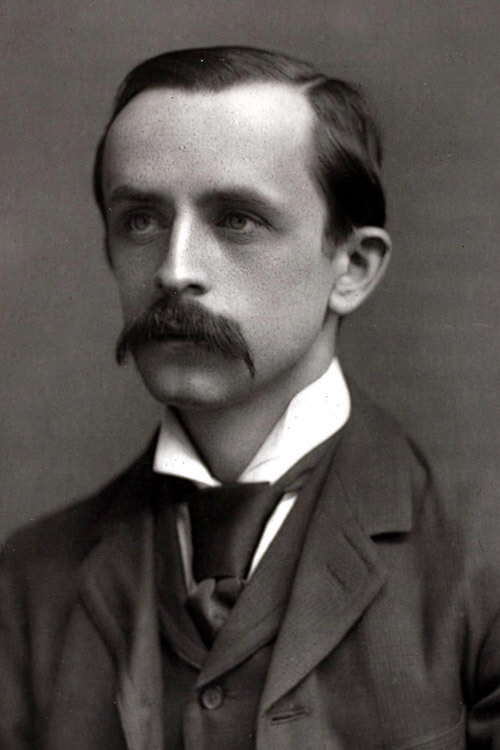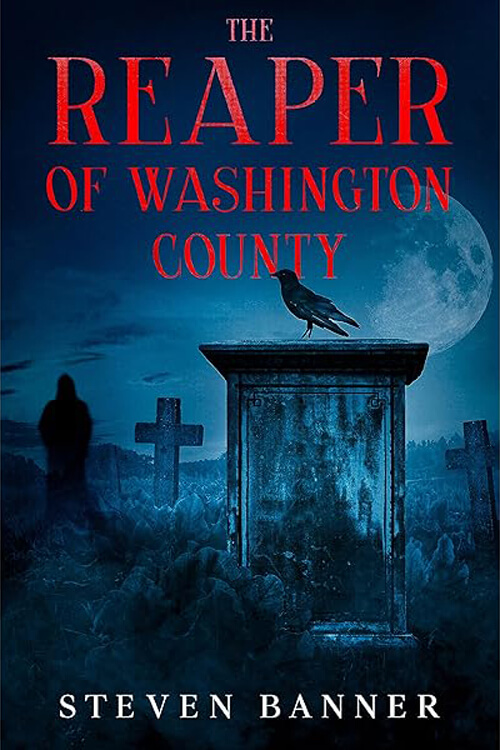
J. M. Barrie
Sir James Matthew Barrie, 1st Baronet, OM (9 May 1860 – 19 June 1937) was a Scottish novelist and playwright, best remembered as the creator of Peter Pan. He was born and educated in Scotland and then moved to London, where he wrote several successful novels and plays.
Biography.
There he met the Llewelyn Davies boys, who inspired him to write about a baby boy who has magical adventures in Kensington Gardens (first included in Barrie’s 1902 adult novel The Little White Bird), then to write Peter Pan, or The Boy Who Wouldn’t Grow Up, a 1904 West End “fairy play” about an ageless boy and an ordinary girl named Wendy who have adventures in the fantasy setting of Neverland.
Although he continued to write successfully, Peter Pan overshadowed his other work and is credited with popularising the name Wendy. Barrie unofficially adopted the Davies boys following the deaths of their parents. Barrie was made a baronet by George V on 14 June 1913, and a member of the Order of Merit in the 1922 New Year Honours. Before his death, he gave the rights to the Peter Pan works to Great Ormond Street Hospital for Children in London, which continues to benefit from them.
Childhood and adolescence
James Matthew Barrie was born in Kirriemuir, Angus, to a conservative Calvinist family. His father, David Barrie, was a modestly successful weaver. His mother, Margaret Ogilvy, assumed her deceased mother’s household responsibilities at the age of eight. Barrie was the ninth child of ten (two of whom died before he was born), all of whom were schooled in at least the three Rs in preparation for possible professional careers. He was a small child and drew attention to himself with storytelling. He grew to only 5 ft 31⁄2 in. (161 cm) according to his 1934 passport.
When James Barrie was six years old, his elder brother David (their mother’s favorite) died in an ice-skating accident on the day before his 14th birthday. This left his mother devastated, and Barrie tried to fill David’s place in his mother’s attention, even wearing David’s clothes and whistling in the manner that he did. One time, Barrie entered her room and heard her say, “Is that you?” “I thought it was the dead boy she was speaking to”, wrote Barrie in his biographical account of his mother Margaret Ogilvy (1896) “and I said in a little lonely voice, ‘No, it’s no’ him, it’s just me.’” Barrie’s mother found comfort in the fact that her dead son would remain a boy forever, never to grow up and leave her. Eventually, Barrie and his mother entertained each other with stories of her brief childhood and books such as Robinson Crusoe, works by fellow Scotsman Walter Scott, and The Pilgrim’s Progress.
At the age of eight, Barrie was sent to the Glasgow Academy in the care of his eldest siblings, Alexander and Mary Ann, who taught at the school. When he was 10, he returned home and continued his education at the Forfar Academy. At 14, he left home for Dumfries Academy, again under the watch of Alexander and Mary Ann. He became a voracious reader and was fond of penny dreadfuls and the works of Robert Michael Ballantyne and James Fenimore Cooper. At Dumfries, he and his friends spent time in the garden of Moat Brae’s house, playing pirates “in a sort of Odyssey that was long afterward to become the play of Peter Pan”. They formed a drama club, producing his first play Bandelero the Bandit, which provoked a minor controversy following a scathing moral denunciation from a clergyman on the school’s governing board.





